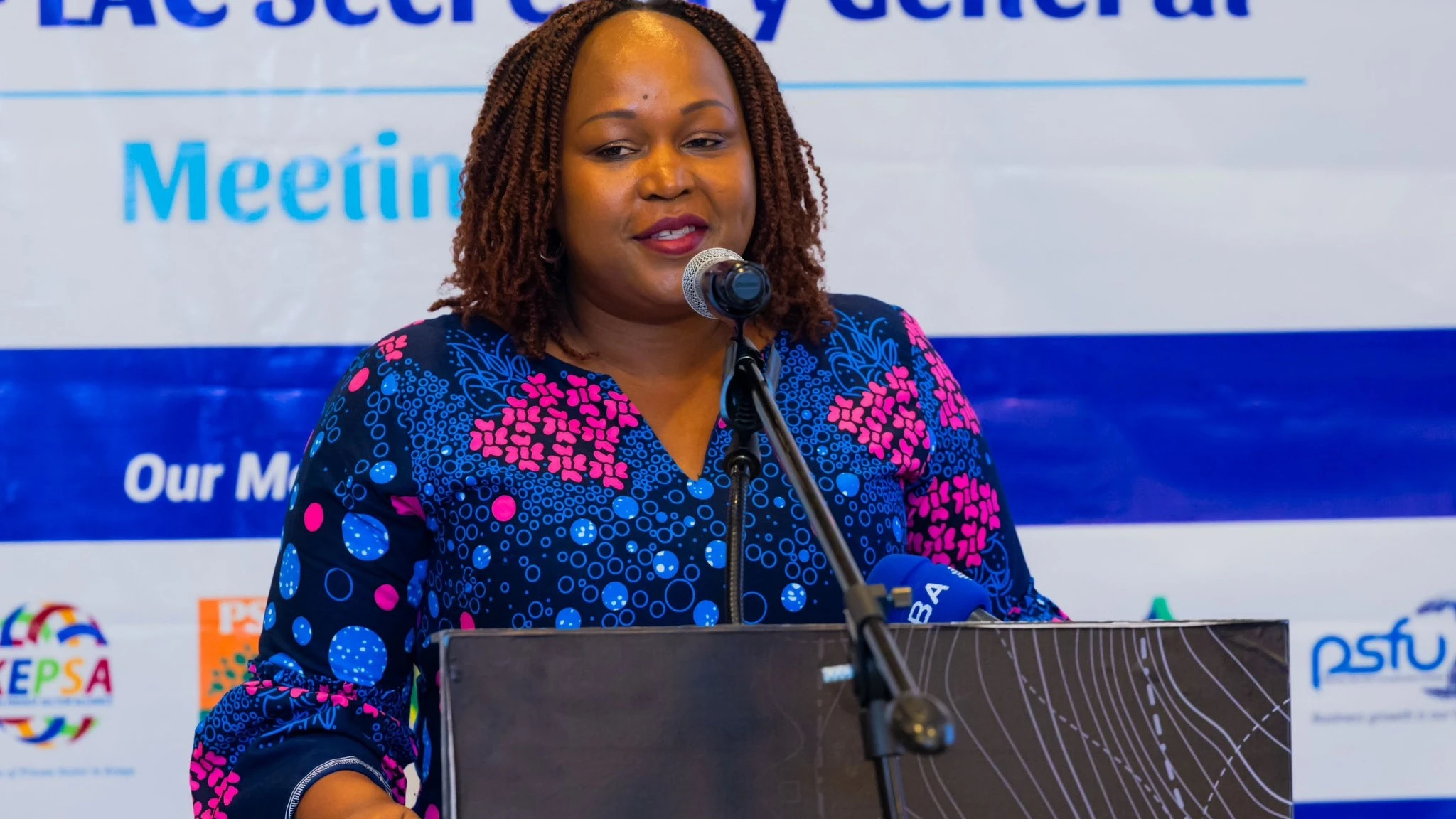Health Ministry calls for more epilepsy awareness amid rising number of cases

The Ministry of Health has announced that 192,000 people were diagnosed with epilepsy in the 2024/25 period, prompting a national call for greater awareness, improved care, and reduced stigma.
Dr Omary Ubuguyu, Director for Non-Communicable Diseases at the Ministry of Health, stated that epilepsy is now among Tanzania’s top three non-communicable diseases, alongside cardiovascular diseases and diabetes. He made these remarks yesterday in Dar es Salaam during a ceremony marking the implementation of the Supporting Health, Social Inclusion, Nutrition, and Employment (SHINE) programme (2023–2025).
“We are committed to building on your efforts with the same momentum. The Ministry pledges to sustain and expand this initiative’s impact,” Dr Ubuguyu affirmed.
He noted that many epilepsy cases stem from febrile conditions and early childhood injuries. To address this, the government has prioritised safe motherhood and child healthcare.
Dr Ubuguyu also highlighted progress in reducing malaria prevalence—down from 8 percent to 3 percent nationally, with areas like Zanzibar recording below 1 percent. He stressed the need for better integration of epilepsy and mental health services into existing health systems.
“We urge regional and institutional leaders to deploy more doctors and clinical officers—not just nurses—to mental health and non-communicable disease clinics,” he emphasised.
The Ministry reaffirmed its commitment to continuing the SHINE Project, confirming that medications recommended under the scheme align with national treatment guidelines.
At the same event, Italian Ambassador to Tanzania Giuseppe Sean Coppola described SHINE’s conclusion as a “major milestone”. Funded by the Italian Government through the Italian Agency for Development Cooperation, the project focused on inclusion and disability.
“SHINE has been a landmark Italian-supported project in Tanzania. Its tangible impact reflects our genuine partnership,” the Ambassador stated. He added that the project embodies Italy’s values in Africa and aligns with Tanzania’s inclusion in the Mattei Plan for Africa, launched in early 2025.
Sara Pini, a technical expert with the agency, presented one of SHINE’s key achievements: Tanzania’s first epilepsy care publication. The book addresses medical and socio-cultural challenges, offering locally tailored recommendations.
Valentina Decao, SHINE Project Coordinator and Country Representative for Comunità Solidali Nel Mondo, advocated for multi-level training—from hospitals to communities. She emphasised that raising awareness among teachers, health workers, and the public reduces stigma and improves quality of life. She also called for vocational training to support economic independence for people with epilepsy, many of whom lose jobs due to misunderstanding.
Decao further noted that children with disabilities—particularly those suffering from dysphagia, a swallowing disorder often linked to inappropriate food textures—require special attention.
Top Headlines
© 2025 IPPMEDIA.COM. ALL RIGHTS RESERVED






















